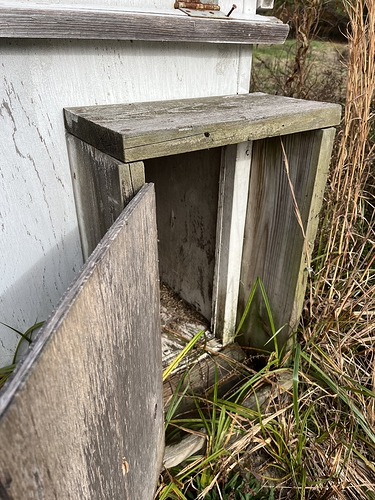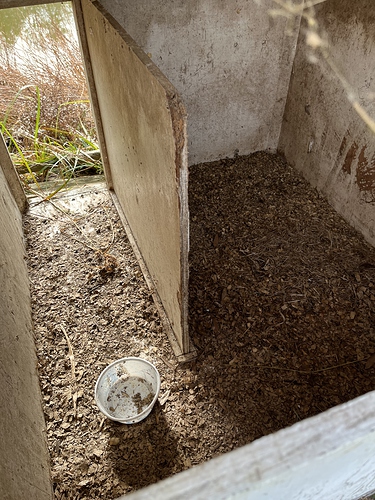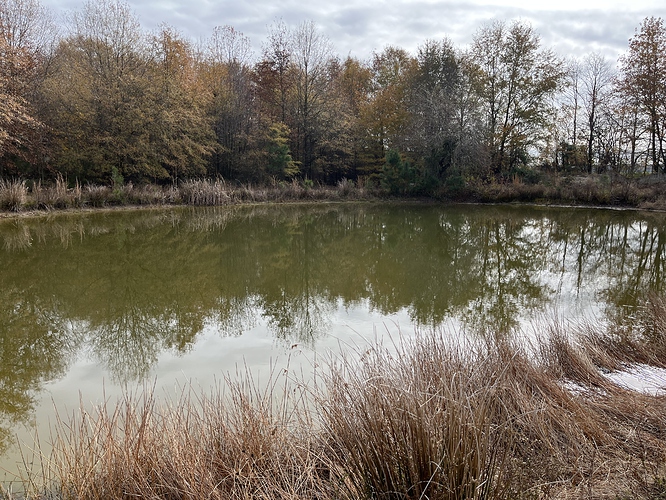No, having wetlands on your property does not automatically “create problems” nor do us agency folks or anyone else have or spend time browsing around trying to snatch people’s farm ponds. Many details are already well explained above. Generally an isolated pond, especially if it was constructed, on private property is not going to be jurisdictional, so it will not trigger any permit processes. Now, steps that should be taken for good resource stewardship are another thing entirely, but to my deep sadness, those are entirely voluntary & we can’t force anyone to make good decisions, alas.
@Texarkana, bummer I don’t know anyone who works for MD (the only state on the east coast south of PA where I don’t know any folks, lol), so Iam unable to point you directly at a friendly person. However, I did a little poking & found they have a nice page on their site dedicated to “backyard” wildlife, which includes pond info. I didn’t read any of the fact sheets at this point, so I won’t make any statements about agreeing with them, lol, but it looks like a good place to start. After you have reviewed the pertinent info, I would use their contact links to reach out to them with specifics of your location & situation. The local folks can help you figure out which species to target & what kind of habitat you might be able to offer.
Don’t get put off if a response is a bit slow - if they are anything like us, staff is spread way thin, heinously under funded, and it can take a bit for inquiries submitted to the general agency get routed to the right biologist. But most of us really want to help you, we just have to work through a huge pile to get there.
https://dnr.maryland.gov/wildlife/Pages/habitat/wildacres.aspx



 total crock of crap!
total crock of crap! ) but they have a 16x20 fortress impenetrable to any predators that they sleep in every night. I am vigilant about not turning them out before sun up and making sure all 32 are back inside before dusk. No matter how careful you are though, free ranging will lead to some deaths. Hawks are my biggest problem overall. Having a good size pond definately helps keep the fox and coyote attacks down though.
) but they have a 16x20 fortress impenetrable to any predators that they sleep in every night. I am vigilant about not turning them out before sun up and making sure all 32 are back inside before dusk. No matter how careful you are though, free ranging will lead to some deaths. Hawks are my biggest problem overall. Having a good size pond definately helps keep the fox and coyote attacks down though.
 If you do get conned in to the baby ducks that I’m sure are soon to show up at the feed stores, just do a bit of research about their diet. Ducks often develop leg issues due to niacin deficiency if not supplemented properly when growing.
If you do get conned in to the baby ducks that I’m sure are soon to show up at the feed stores, just do a bit of research about their diet. Ducks often develop leg issues due to niacin deficiency if not supplemented properly when growing.